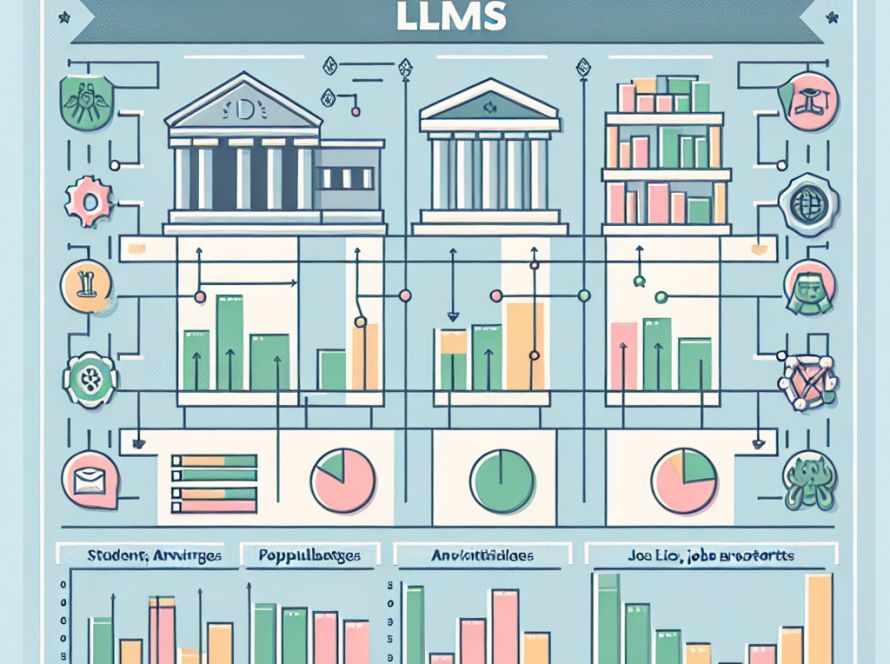Natural Language Processing (NLP), a field within artificial intelligence, is focused on creating ways for computers and human language to interact. It’s used in many technology sectors such as machine translation, sentiment analysis, and information retrieval. The challenge presently faced is the evaluation of long-context language models, which are necessary for understanding and generating text that has a wide context. Existing research uses methods such as the “needle-in-a-haystack” (NIAH) framework for long-context language model evaluation. However, these methods often fail to fully capture the subtleties of narrative text, thus limiting their effectiveness.
A new evaluation methodology named NOCHA (Narrative Open-Contextualized Human Annotation) has recently been introduced by researchers from the University of Massachusetts Amherst, Allen Institute for AI, and Princeton University. This method is designed to better measure the performance of long-context language models. It requires collecting minimal narrative pairs, with one claim being true and the other false. These claims are written by readers of books and the dataset includes 1,001 pairs derived from 67 books. Testing in this way assures that models are evaluated on realistic situations where context is key.
GPT-4 and RULER are among the models evaluated using NOCHA. The results varied with GPT-4 achieving 76.7% accuracy on balanced data, but only 55.8% when proper context was essential. This indicates a sizeable gap in performance between human and model accuracy, highlighting the need for further progress in this field.
Performance was evaluated using a variety of metrics, most notably the ability to accurately verify claims about book content. Human readers achieved an impressive 96.9% accuracy, which far surpasses the best-performing model. This highlights the difficulties these models face in performing tasks that require an extensive, global understanding of context rather than sentence-level retrieval.
The NOCHA approach provides a more realistic and detailed framework for testing these models which could potentially lead to valuable insights into their strengths and weaknesses. This study underlines the necessity for more sophisticated evaluation techniques to further the field of NLP. It is important to acknowledge that the development and advancement of these methods will have vast implications on the efficiency and accuracy of technologies that rely on language models.
Regardless of the many challenges faced in this area of study, the research initiated by UMass Amherst, Allen Institute for AI, and Princeton University indicates a promising future for the evaluation and progress of long-context language processing models.
The results of this research can be further explored in their published paper and GitHub. Credit goes to all the researchers involved in the project. If you want to keep up to date with their findings and other related topics, you can follow them on Twitter, join their Telegram Channel and LinkedIn Group. If you appreciate their work, you may enjoy their newsletter. They also invite interested parties to join their 45k+ ML SubReddit.


